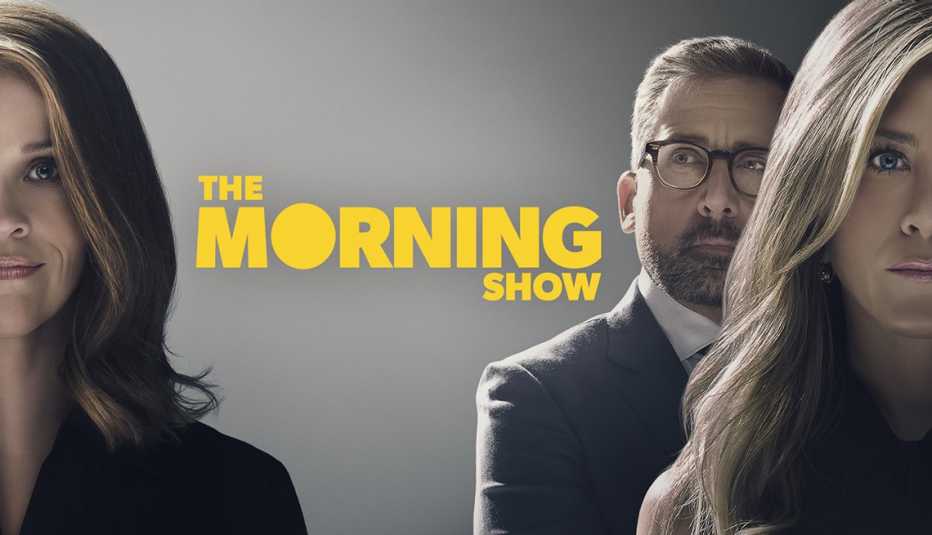AARP Hearing Center
The author of more than 40 novels, Mary Higgins Clark has been writing best-selling mysteries for nearly half a century, with more than 100 million copies sold in the U.S. alone. At age 91 (she turns 92 next month), Higgins Clark is still the Queen of Suspense. Her new book is Kiss the Girls and Make Them Cry — a mix of murder and the #MeToo movement in a fast-paced tale about a female journalist investigating what really goes on behind closed doors at a TV news network.
We talked to the author about her new book, career and family, and why she'll never stop writing.
What inspired you to address sexual abuse in Kiss the Girls?
I didn't set out to write a novel about sexual abuse, even though that is at the core of the story. What intrigued me was the lengths that people or companies will go to try to cover up a scandal in their midst. Who are the people who would do that? How would they go about it? If giving victims money to maintain their silence wasn't enough, would they take even more drastic action, including murder, to contain the scandal? It had all the elements of a good story.
As a young woman, you worked at the Remington Rand typewriter company, where you also modeled in catalogs with Grace Kelly. Later you were a Pan Am flight attendant. Did you ever experience sexual harassment?
Honestly, I never did. I guess I was very fortunate. Nothing happened during my Pan Am days. When I worked for years in a radio advertising agency, the absentee owner was a tyrant. He treated all the employees, male and female, badly. A partner and I left the firm, started our own shop and eventually put him out of business. And since the mid 1970s, my “boss” has been my publisher, Simon & Schuster, and they've been wonderful.
It's also a very up-to-date 2019 novel — texting, Ubers, video game addiction, sexual harassment. How do you keep current as you get older?
It's not easy! I'm blessed to have my children, grandchildren and two great-grandchildren around. Listening to what's going on in their lives keeps me current. And there's nothing wrong with asking for advice when writing about an unfamiliar topic. In one scene in Kiss the Girls, a lawyer is trying to intimidate one of the female victims who is in her late 20s. He had illicitly gotten hold of her accounts on two dating websites. I showed the chapter to my granddaughter, who's in her mid-30s. “Nobody in her 20s uses that site anymore!” was her response. She switched me over to more popular sites for that age group.
For entertainment news, advice and more, get AARP’s monthly Lifestyle newsletter.
How do you collaborate with best-selling author Alafair Burke on the Under Suspicion series (including All Dressed in White and You Don't Own Me)?



































































